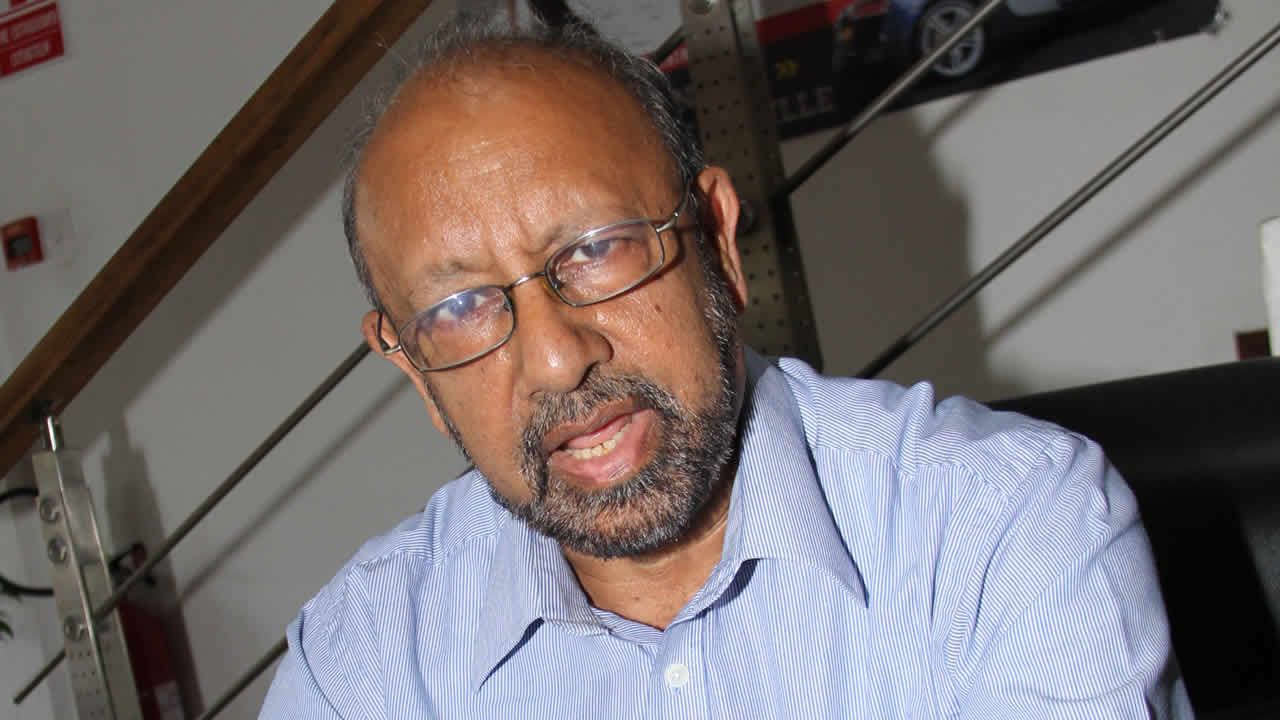
China is described as the factory of the world by Assad Bhuglah, former Director of the Trade Policy Unit at the Ministry of Foreign Affairs.
“It can manufacture anything from a needle to the most sophisticated equipment at very competitive prices. No country can match the industrious capacity and trading capability of China. Even a superpower like the US has to impose tariffs on Chinese goods in order to protect its domestic industries,” he said to News on Sunday.
According to him, “Tiny Mauritius” is like a drop in the ocean in front of the “giant Chinese economic empire.” Trade balance, he added, will always be in favour of China because Mauritius, even if opportunity would be given to access the Chinese market, has only a few items to offer for export, namely sugar, rum and tuna. And that, too, will depend upon the competitiveness of Mauritian products.
Assad Bhuglah pointed out that in the new global economic scenario where China is driving the game, Mauritius cannot rely on the conventional model of trade agreement or classical type of economic partnership. “Mauritius must plug itself to the mega supply chain that China is building around “One Belt One Road” (OBOR) network, which also has an offshoot of the Maritime Silk Route.
China is investing massively in hard and soft infrastructures overseas in order to have access to resources which are badly needed to satisfy the growing appetites of its industries,” he explained. In this regard, China builds, operates and in many cases, owns critical ports and canals that underpin its growing supply chain empire. China has built dozens of Special Economic Zones (SEZs) across Asia, Latin America and Africa. SEZs are the commercial garrisons of a supply chain world, enabling China to secure resources without the messy politics of colonial subjugation.
As Assad Bhuglah sees it, the current official tour of President Xi Jinping to UAE, Senegal, Rwanda, South Africa and Mauritius is a demonstration of how the contours of Chinese supply chain network for Africa is likely to unfold with several hubs and spokes.
“Mauritius must re-engineer its trade and economic strategy such that it derives benefits from the spillover effects of the Chinese supply chain network. The Mauritian SEZ can become a platform for performing specific operations in the transformation process of raw materials from Africa or adding value to semi-finished parts from China and elsewhere, thus creating jobs, boosting re-exports activities, developing the ancillary services and promoting the island as regional hub for maritime transport and air corridor,” recommends Assad Bhuglah.
To conclude, Assad Bhuglah says that the direct involvement of Mauritius in the free trade agreements of SADC, COMESA, Tripartite COMESA-EAC-SADC and the AU’s Continental Free Trade Area will be a linchpin in the grand Chinese manoeuvre in Africa and the Indian Ocean.
 J'aime
J'aime













